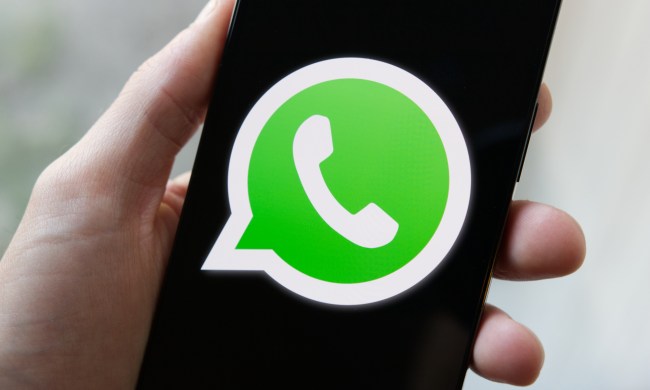WhatsApp has patched a critical security loophole that left your private messages and media vulnerable to breaches. The bug allowed attackers to remotely access your phone’s storage and all the files it hosts including your WhatsApp texts, pictures, videos, GIFs, and audio messages.
In order to exploit the bug, a hacker simply had to send you a malicious payload masquerading as a GIF through any non-Facebook channels or as a document through WhatsApp and Messenger. That is because, on the latter platforms, Facebook’s compression distorts the malware’s content.
The vulnerability existed inside a library that WhatsApp (and a whole lot of other apps) uses to preview a GIF. The library’s functions kick in whenever you tap the attach-media button and WhatsApp loads a grid of thumbnails. Therefore, you don’t even need to open the GIF to trigger the fraudulent code. It automatically activates when WhatsApp attempts to show its thumbnail even when you’re looking for another picture, video, or GIF.
Spotted originally by a Vietnamese security researcher, Pham Hong Nhat, the loophole remained unpatched for about three months.
Hong Nhat reported it to Facebook back in late July and the social media giant company rolled out the fix through WhatsApp version 2.19.244 in September. So in case you haven’t updated WhatsApp in a while, we recommend you go ahead and do it right away from the Play Store.
The issue only affected Android phones running on Android 8.1 or above and none of the iOS versions. It’s bewildering as to why it exclusively impacted the recent Android builds that, in theory, have better privacy frameworks in place. Ironically, Pham Hong Nhat says the older versions employ an outdated code that prevented the payload from being able to execute.
Fortunately, the developer behind the library in question — Android GIF Drawable — has released a patch as well. Hence, the vulnerability most likely won’t expose your data on the rest of the apps which use it for parsing GIFs.
Earlier last month, another WhatsApp vulnerability was discovered by Google’s security research team. The bug enabled attackers to take over iOS users’ WhatsApp chats by sending them malicious links.

